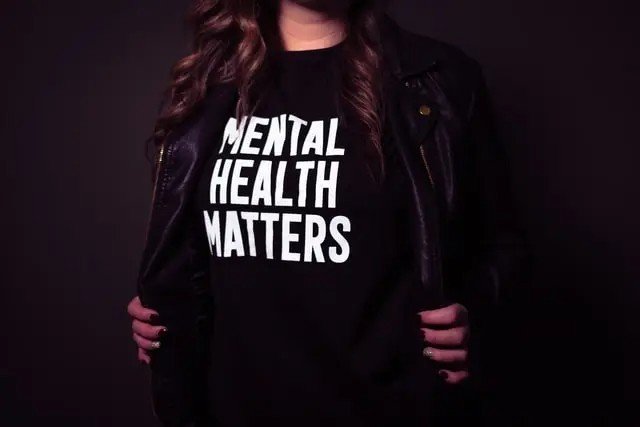Racial Bias in Healthcare: What It Is & How it Undermines Your Mental Health
If you’re unsure about a product, at least you can read the label before you buy it. However, there are times when certain ingredients are invisible. They play a major role but you may not even know they are present. Case in point: racial bias in healthcare.
The world of medical professionals strives to give equal care — in theory. Regardless, implicit or unconscious biases exist. They are rarely obvious and that makes them even more dangerous. Therefore, the first steps toward making mental health care more equal involve learning how to recognize racial bias in its many forms.
What is Racial Bias in Healthcare?
Doctors and other practitioners often assign a certain group of qualities to a particular group of people. For People of Color (POC), this can result in the resurfacing of racial stereotypes. This frequently decreases the quality of the health care being provided.
What adds to the danger of racial bias is that generally speaking, it is an “unconscious” act. Most people are legitimately unaware of what they are doing. When the bias is pointed out, it can result in defensiveness and conflict. Widespread racial reckoning in the U.S. has shone a light on this issue. But this cannot undo centuries of POC having here health undermined.
How Racial Bias in Healthcare Undermines Your Health
A 2015 study by the U.S. Department of Health and Human Services (HHS) identified several ways racial bias can have a negative impact on POC in the U.S. Here are just three examples:
Higher Blood Pressure
While 30.2 percent of white males and 28 percent of white females experienced high blood pressure, the numbers were substantially higher for their Blacks counterparts. Black men: 42.4 percent. Black women: 44 percent.
A Decrease in Life Expectancy
On average, whites are expected to live about four years longer than Blacks.
Increase in Mental Health Issues
Racism is associated with elevated stress levels. This, in turn, can contribute to higher rates of anxiety and depression. A 2015 meta-analysis found racism to have double the negative impact on mental health as it does on physical health.
In a less measurable, obvious way, racial bias can alter lives. POC report getting less time with medical health practitioners and having their symptoms downplayed. Also, children of color have been found to be very susceptible to just as affected by witnessing racism as in enduring it themselves.
How to Protect Your Mental Health From Racial Bias in Healthcare
Steps have been taken. Progress has been made. But a system as entrenched as healthcare will change slowly. The presence of far more non-white practitioners is a positive development. But this alone will not challenge structural issues. Such change can occur as the general public becomes more aware of this deeply seated issue. As a patient yourself, you can help in a few ways.
Network With Other POC
There’s nothing like word-of-mouth. Whether it’s online or in-person, make this a common topic of discussion. Normalize asking for references to racially sensitive therapists. A therapist does not have to be a person of color to be racially sensitive. One of the best compliments I’ve received was from a patient of color who said, “I didn’t think a white lady would be able to understand and help me, but you get me and have changed my life.”
Report Instances of Racial Bias
Conscious or unconscious, problems must be addressed. Depending on the circumstance, you may talk to the counselor directly. Other options include supervisors or professional associations charged with monitoring the ethics of their field.
Serve as a Health Advocate
Let friends and family know that you are there for them. Some people are nervous they won’t be believed if they point out racism. Be the friend who will listen and validate.
----------
Finally, I’d love to help you on this journey. Please read more about anxiety treatment let’s connect today to schedule a confidential consultation.

